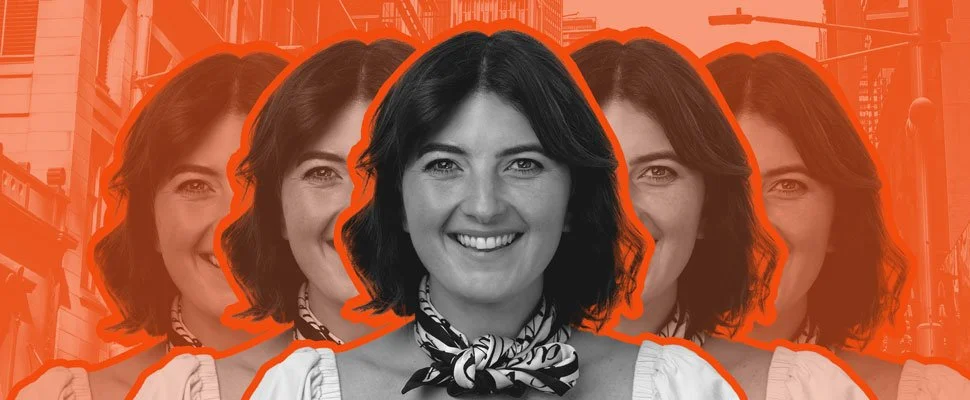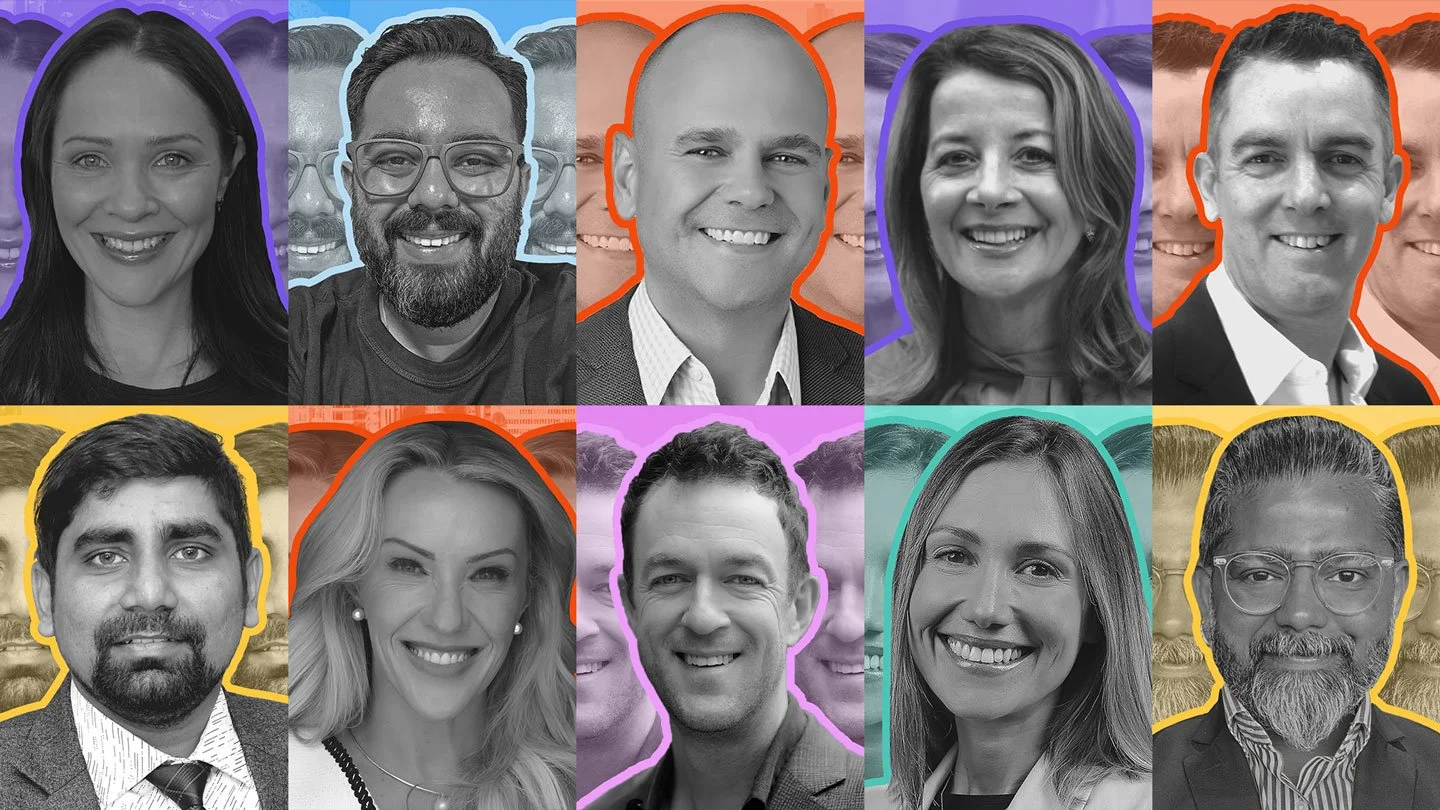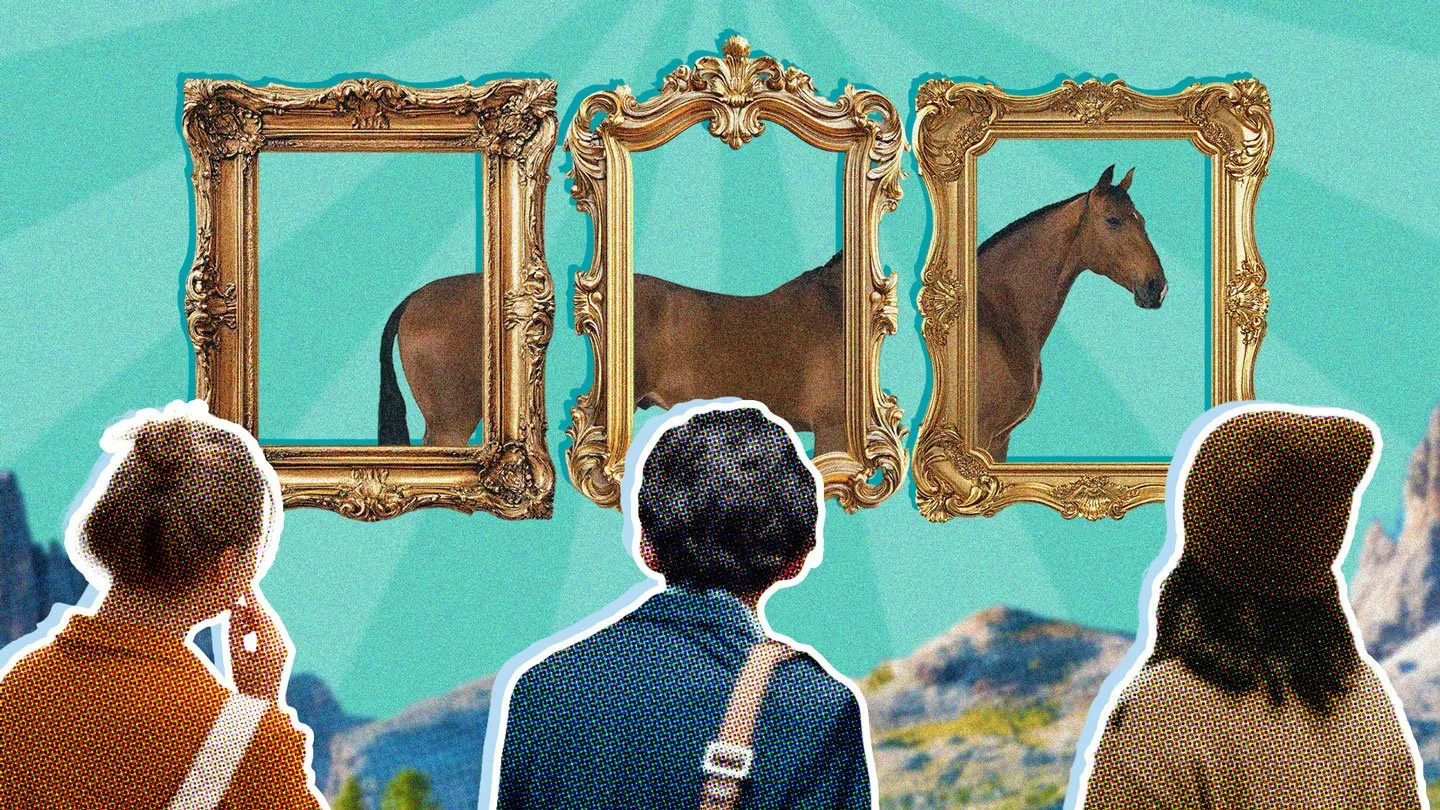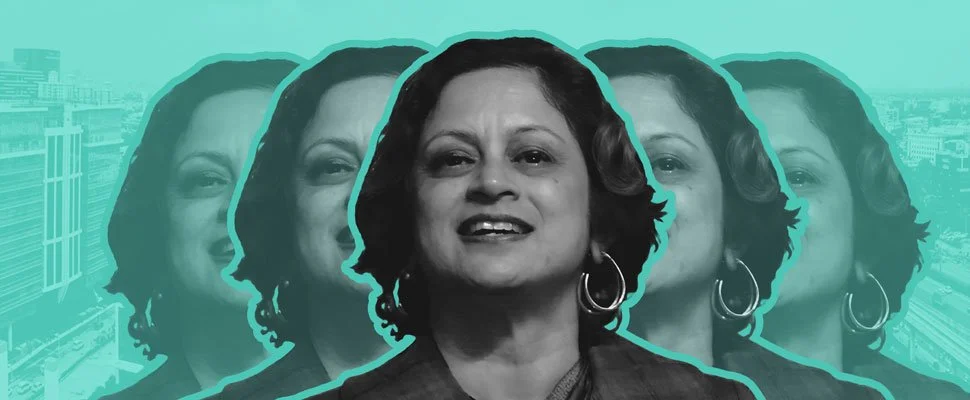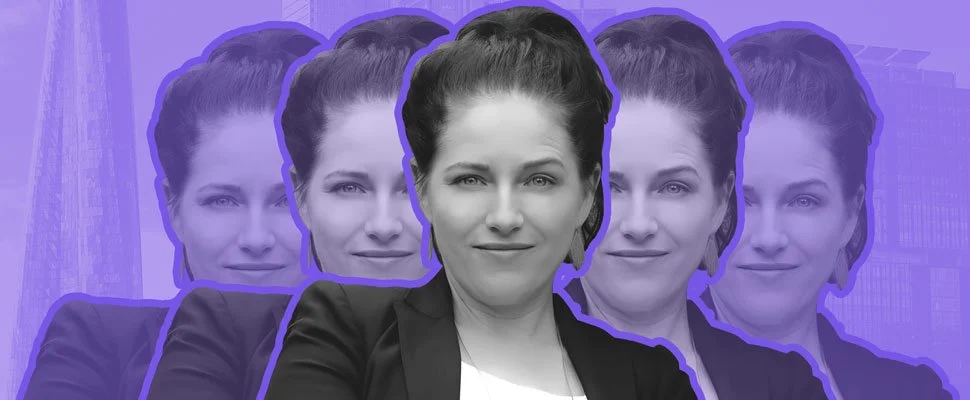Human on the Inside with Australian Unity’s Billy Falkingham
Maxme: We’re big believers in the power of human skills. But don’t just take our word for it - the evidence for excellence powered by human (‘soft’) skills is everywhere! In this engaging, ever-enlightening series, we speak with industry leaders, innovators and game-changers to learn a little about their personal career journeys, and how human-led strategies, philosophies and cultures are proving a force for good in their working worlds …
Welcome Billy, and thanks for stepping into the #SuccessIsHuman Spotlight! You’re the Head of Brand & Content for Australian Unity - Australia’s first member-owned wellbeing company, delivering health, wealth and care services.
In 1 sentence (ok, we’ll give you 3), what does your role entail?
Billy Falkingham: My day job is to drive the Australian Unity brand both internally and externally. With over 180 years of history, we have a lot to communicate; and creating compelling content that connects deeply with Australians allows us to do this.
However, my real job is leading our talented team to deliver the exceptional, meaningful work that provides Real Wellbeing for our customers.
M: While you’ve been with Australian Unity for over three years now, your career in content & brand marketing is of course much deeper. Starting in Sales with Nutricia health, you followed with 2 years as GM for Melbourne based Furst Media before venturing over to LA for 4 years to co-found State of Tomorrow - a content, marketing and creative agency.
Returning to Australia in 2012, you joined Medibank to spearhead its content, social & creative strategy for almost 7 years. Bravo!
Prior to Australian Unity, you spent a couple of years in a Director role for LDS Consulting, and are now on the Advisory Board for QLD based crypto exchange Coinstash.
How does all this work speak to your personal purpose and what drives you as an individual?
BF: My career journey has been one of seeking out the people I want to work for, and with. My purpose is simple, to enjoy the people and relationships as much, if not more, than the work itself.
The work - be it a brand campaign, a new content strategy or any of the myriad projects crossing my desk - represents a moment in time, but the relationships and experiences endure. Drawing upon my known strengths and supporting my weaknesses with people who have complementary skills and talent has been an ongoing focus. Something that also happens in my personal life!
My professional drive is built around ensuring those around me, whether they’re my boss or within my team, all achieve more with me, than they could have without me.
M: Tell us a little about your personal education pathway/s - what led you to where you are now? How closely do your formal qualifications match your current career?
BF: Well, I work in brand and marketing but I’m a qualified dietitian. Whilst the link from formal qualification to current day career may seem non-existent, there’s a natural alignment to the two.
As an undergraduate science student I learnt about systems and processes, data, statistics and running experiments.
As a dietetics student I learnt about taking medical histories, understanding the multifactorial nature of most health conditions and working in interdisciplinary teams to deliver a patient-centered health outcome.
To me, brand and marketing is very much understanding systems, understanding data, understanding customers (instead of patients) and working in cross-disciplinary teams to deliver customer-led outcomes that drive commercial performance.
Much of dietetics is about blending science, the art of conversation and engagement with the patient and your peers to deliver a positive outcome, and I see very little difference in what I do today.
I know I’m not the best technical marketer in the room, but I can ask curious questions and surround myself with talented people so that collectively we’re the best marketer in the room.
M: If you could share one piece of career advice to your 21 year old self it would be ...
BF: It would probably be to buy Berkshire Hathaway stock!
I’m never sure what ‘advice to your younger self’ really means…
But this is an interview, so I don’t determine the questions!
I would answer it this way…I would tell my 21-year-old self the best way to have a great life and therefore a great career is;
to read more,
to experience more,
to learn more,
to spend time with people different than you, much different than you seek to understand them,
to spend time with people older than you and ask them this very question,
to get drunk a little less,
to exercise a little more,
to spend more time with your family and extended family
to go to more movies
to learn the art of being disciplined and patient- it’s old fashioned but it will serve you well.
If I did more of these things at 21, I do think I would be more successful not only in my career, but my life.
M: Maximising the potential of individuals, communities and businesses through the power of human skills is the reason Maxme exists. Can you tell us a little about the role and / or value of human skills in your workplace or industry right now?
BF: I believe in separating the ‘person’ from the ‘professional’ in order to truly unleash the power of human skills.
I see the ‘person’ as just that - an individual bringing themselves to the role. And it is their self, their diversity in life, in experience, and in their make-up, where the power lies.
You can have supportive and challenging conversations with the ‘professional’, assuming you have already put the ‘person’ first. In my view this is the best approach to champion human skills and enable individuals to achieve their professional ambitions. And this human-centered approach can be the difference between good and great teams, organisations and outcomes.
M: Self awareness sets the critical foundation for all Maxme learning experiences. What’s your strongest trait / personal super power?
BF: I wholeheartedly agree with the premise that self-awareness is critical, and not just for learning experiences.
A measure of self-awareness can be obtained by understanding what activities you undertake (learning, personal or professional) that enable you to reach a state of flow.
The biggest superpower anyone can have is finding this flow, or as athletes call it, being ‘in the zone’.
I’d suggest thinking about your life, whether it be your academic studies or your current job, and ask yourself when was the last time you immersed yourself so deeply that you lost time, emerging hours later feeling energised, refreshed and nourished.
Yes, much of life can be spent doing the things - but if you are doing things that mean something to you, hours will pass in a minute, and you will innately know you are on the right path.
Finding flow is not my superpower, but gosh I wish it was.
M: And on the flip side, what’s one human / ‘soft’ skill you’ve had to really work on improving over the course of your career?
BF: Soft skills come easily when work or life is easy. And when it gets hard, that’s when I find it challenging to embody them deeply. Amidst the pressures of work or life, I have to remind myself to take a deep breath, be kind and remain curious - the same advice I give my six-year-old when dropping her off at the school gate. These simple principles will serve you well.
M: If you could share one piece of career advice with recent university graduates or candidates keen to work for a company like Australian Unity, what would it be?
BF: Love your authentic self. When I was starting out I felt compelled to act older, more mature, than my years. But I think the world has changed. Be yourself and seek to be embraced for this, for the difference you can bring. Australian Unity is a place where individuality and diversity are celebrated.
From there, my advice would be to understand the customer, and find the problem - there’ll always be one! Don’t look for glamour or shiny things too early in your career. Get in the trenches, position yourself as someone who wants to be part of the solution, ask lots of questions and build your career from there.
M: You’ve been granted approval to add one university graduate to your business, but have 100 applicants, all with outstanding academic results. How do you find your perfect candidate - what are you looking for?
BF: First up you need to remove any bias (and there are many) that exists when those 100 applicants land. Whether conscious or not, it will mean you’re making compromised decisions from the outset.
Following this, my process follows the reverse of my aforementioned, ‘personal first’ ‘professional second’ approach. Make sure your candidates have the professional attributes and interest to be successful in the role. And from there, focus on the greater picture, their piece in the puzzle of the team and what valuable elements (or magic) they can bring over and above their professional potential.
M: In the words of John Dewey, “education is not preparation for life, education is life itself.” What’s next on your #learning agenda?
BF: Things can feel like they move fast in my industry and there’s always a shiny new toy, but the fundamental principles remain constant. For me, learning more about adjacent functions within our business is always on my agenda. I find myself asking people in product, technology, governance and finance roles a ton of questions. Learning across the business, not just up and down, is key.
And finally, I think the most important learning in relation to work is about yourself. Discovering how your mental and physical health supports and enables your career is more important than knowing everything about cookie degradation and a first-party data strategy. Continuing to evolve and grow my own wellbeing will always be a focus.



